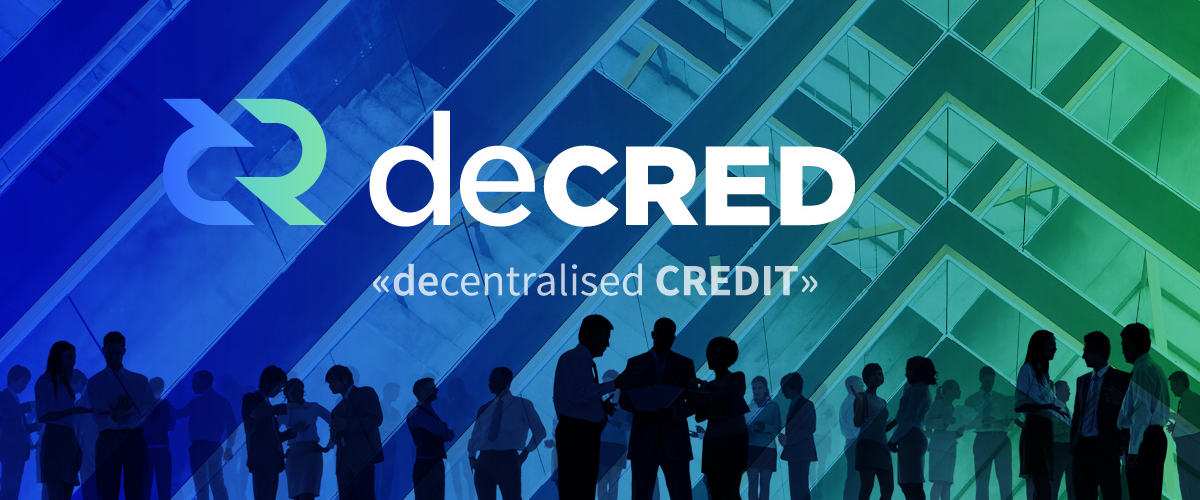
Despite the urgency, Bitcoin miners fail to reach a decision regarding the scaling debate. Could an alternative consensus mechanism be the solution?
Bitcoin Scaling Debate
Although the Bitcoin scaling debate has become more intense in the last few weeks, it is one that has been going on for years. This divisive debate has split what was once a unified community into various factions and has been a blemish in Bitcoin’s reputation as a global and apolitical currency.
The truth is that while some advocate that Bitcoin’s consensus rules should never be changed, this is a stance that does not allow Bitcoin to grow and adapt to changing world around it. However, changing has proven to be extremely hard when it comes to Bitcoin with its consensus mechanism being based solely on miner approval.
Community consensus is obviously necessary in order to keep a cryptocurrency decentralized. Projects like Ethereum are admittedly in development stage and as so have no trouble getting consensus on updates. But even Ethereum had issues when it came to the controversial DAO refund hard fork and ended up splitting into two separate blockchains.
In Bitcoin, only miners get to vote on important decisions but miners don’t always have the network’s best interests at heart and may act solely according to their own financial interests. Some argue that this is the case with SegWit, where the transaction malleability fix has caused miners to worry about the future implementation of payment channels that would divert transaction fees from them. Miners vote on other solutions or abstain from voting on SegWit even though it would improve the network’s transaction capability.
This governance problem has caused other cryptocurrency projects to look for alternative consensus mechanisms that allow the network to quickly come to a decision regarding possible updates or changes. This is the case with Decred (DCR), a PoW/PoS cryptocurrency hybrid whose primary goal is to improve on Bitcoin’s consensus code.
Decred Blockchain Governance
In Decred, the stakeholders (PoS contributors) have more power. This ensures that they can effectively override miners if 60% or more of the stakeholders vote against a particular block created by a miner, making said block invalid and stripping its miner from the block reward as a penalty for malicious or irresponsible behaviour. In this scenario, stakeholders protect their investment by protecting the network and are rewarded with part of the block reward for doing so.
This means that stakeholders have the ultimate say in what happens in the network. This is true for the activation of soft or hard forks, for example.
In order to vote, satkeholders must buy tickets with Decred (DCR) which are then entered into a lottery. The five winning tickets have the ability to vote on the previous block and to send additional information regarding any proposals that are currently being voted on. During the lottery selection process stakeholders have their coins locked and can't make transactions with them. The average waiting time is 28 days.
Although this system seems overly complicated, it ensures that companies like exchanges and wallet providers can't participate in the process and have an disproportionate say over the network, given that these need to move coins around to operate.
Why should stakeholders have more power? Stakeholders are the ones that are most affected by any changes in the network. Unlike PoW miners, their financial interests are directly aligned with those of the network. While this could also be true for PoW miners, their investment is not on the network itself, but rather on the hardware that enables them to mine on it. This hardware can also be used to mine other cryptocurrencies.
Furthermore, stakeholders can also be considered as the real end-user. The person who the system is made for and in the case of a decentralized network like a cryptocurrency, the end/user should have the ultimate say.
In Drecred, block rewards are split in the following way: 60% goes to PoW miners, 30% goes to stakeholders contributing to PoS, and 10% goes towards a development fund. Prior to starting development work on possibly controversial issues, the Decred development team will request input from the users by putting the decision up for vote. This allows the team to work only on updates that are wanted by the community.
What we’re left with is a self-funding system that is protected both by Proof of Work and Proof of Stake miners and that allows its end-users to vote on the future of the platform, rather than blindly trusting miners or companies with large holdings to do so.
Should Bitcoin employ a different decision-making system that resembles that of Decred? Time will tell.
Important information
This website is only provided for your general information and is not intended to be relied upon by you in making any investment decisions. You should always combine multiple sources of information and analysis before making an investment and seek independent expert financial advice.
Where we list or describe different products and services, we try to give you the information you need to help you compare them and choose the right product or service for you. We may also have tips and more information to help you compare providers.
Some providers pay us for advertisements or promotions on our website or in emails we may send you. Any commercial agreement we have in place with a provider does not affect how we describe them or their products and services. Sponsored companies are clearly labelled.













 Opera
Opera
 Safari
Safari